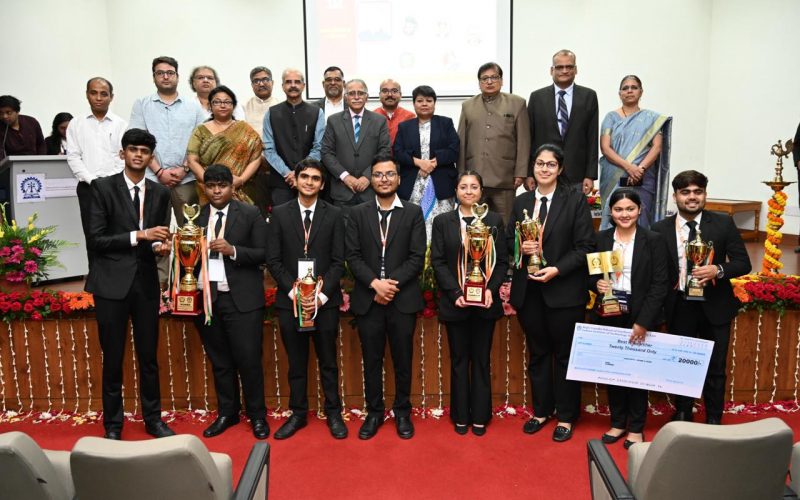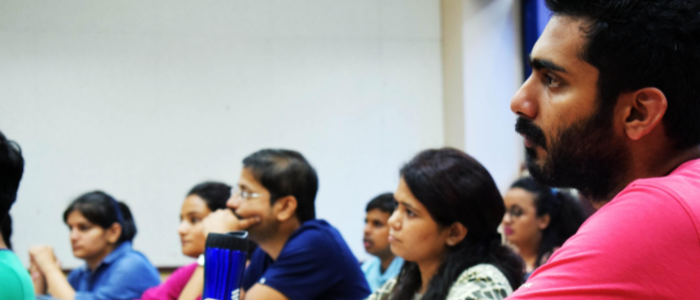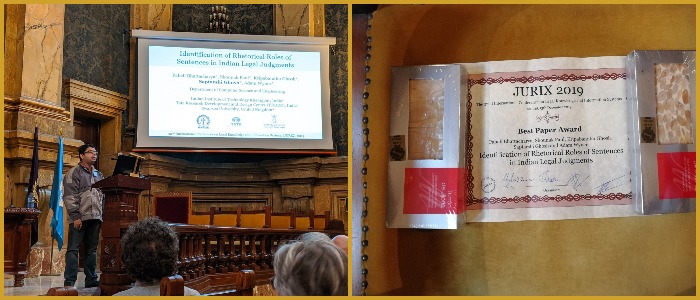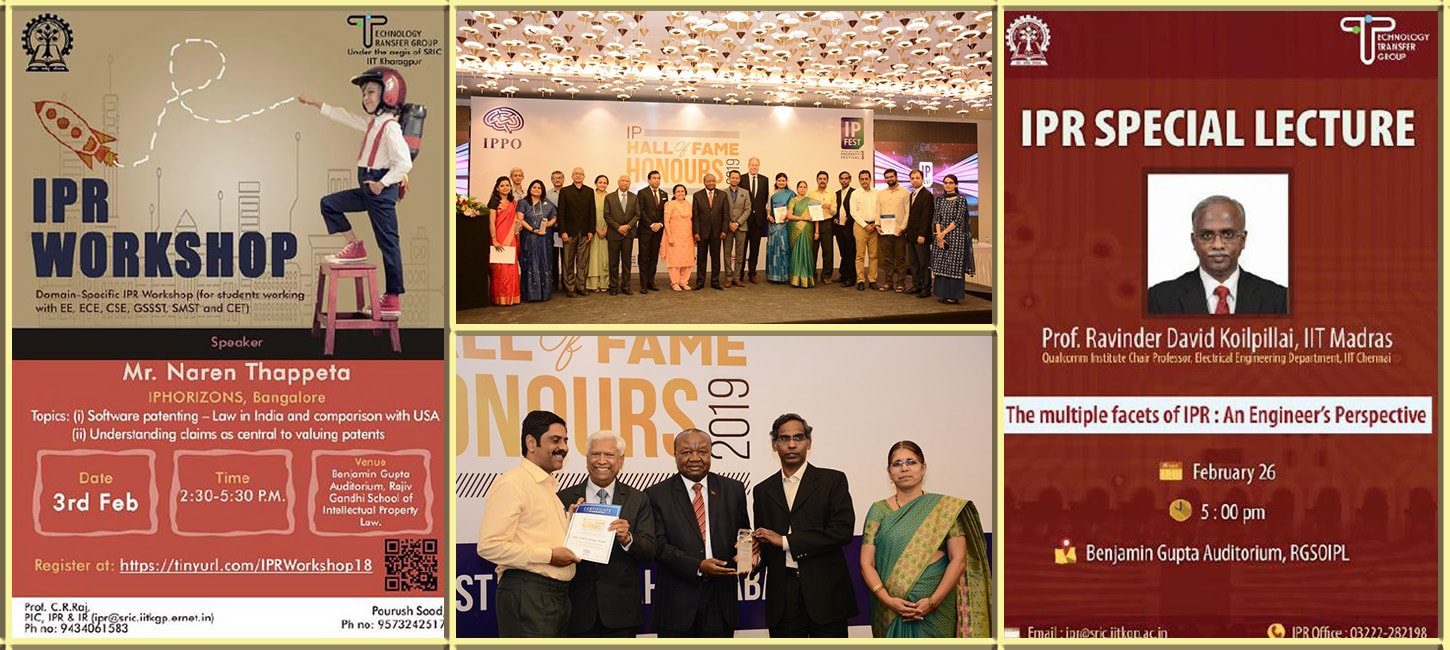
Intellectual Property is the Possession of a Curious Mind – Celebrating the World Intellectual Property Day 2024 at IIT Kharagpur
On the occasion of the World Intellectual Property Day, the Intellectual Property (IP) Cell of the Office of Sponsored Research and Industrial Consultancy (SRIC), IIT Kharagpur organized a programme on Intellectual Property in Ben Gupta Auditorium of the Rajiv Gandhi School of Intellectual Property Law (RGSOIPL) on 26th April, 2024. The programme accentuates the importance of IP in modern science and transformational technological pursuits and was inaugurated by Prof. V K Tewari, Director, IIT Kharagpur, in attendance by a large number of students, research scholars faculty and staff members. The theme of The World IP Day 2024 was to align…




